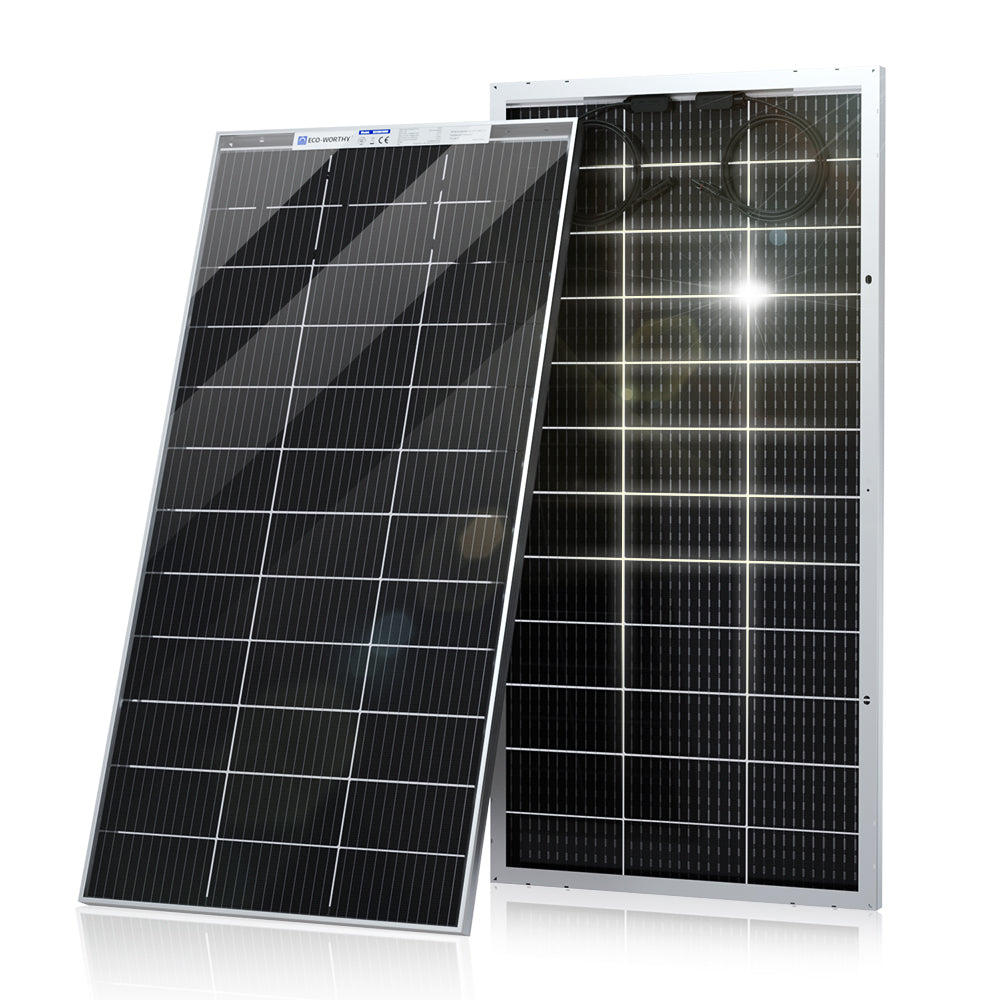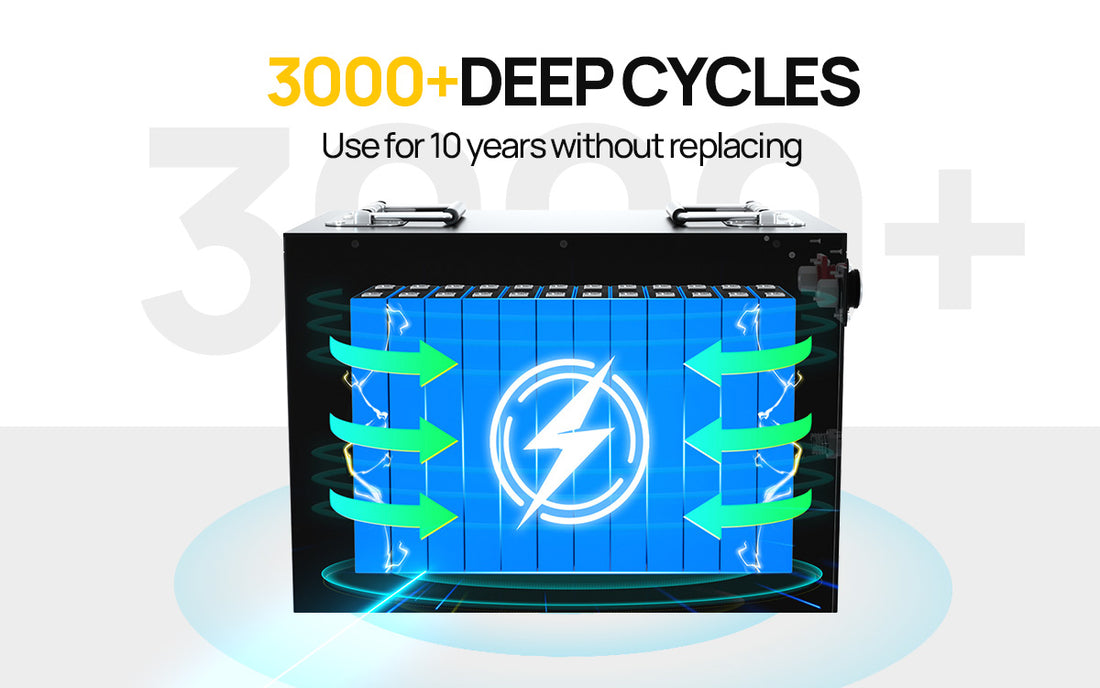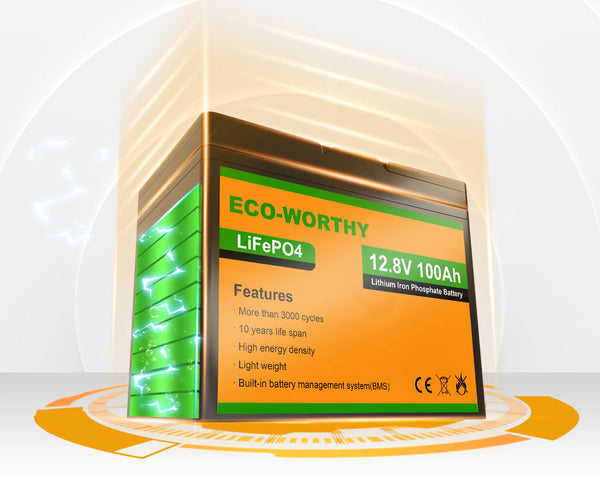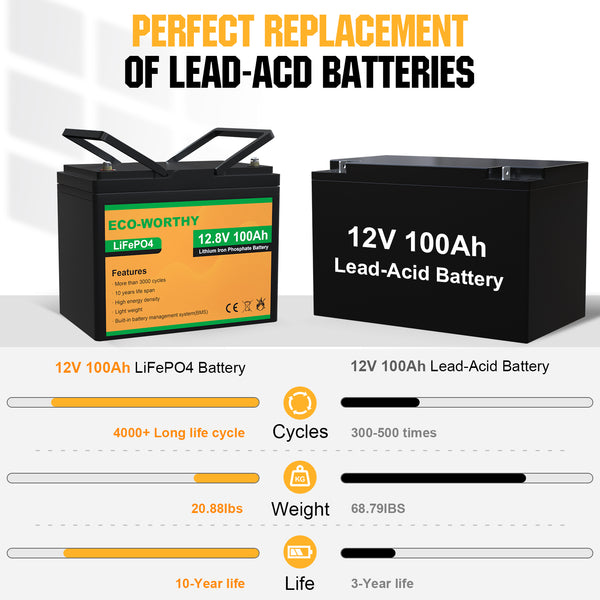Navigation
- What Can We Recycle from Lithium Batteries?
- Why Recycling Lithium Batteries Matters
- Challenges in Recycling Lithium Batteries
- How to Safely Dispose of Your Spent Lithium Batteries
From smartphones to electric vehicles, lithium batteries are the unsung heroes powering our modern world. As these energy powerhouses reach the end of their life cycle, they present a unique environmental challenge – and opportunity. By participating in lithium battery recycling, you're not just disposing of old tech; you're playing a crucial role in environmental conservation. Your decision to recycle preserves precious resources, reduces toxic waste in landfills, and sparks a chain reaction of positive environmental impacts.
What Can We Recycle from Lithium Batteries?
Lithium-ion batteries, the powerhouses behind our modern devices, retain significant value even after their primary use ends. Understanding what we can salvage from these energy cells is crucial for appreciating their environmental impact and potential for reuse.
Valuable Materials Inside Lithium-Ion Batteries
Within the compact casing of a lithium-ion battery lies a diverse array of precious components. The namesake element, lithium, is a lightweight metal crucial for energy storage. Its recovery not only conserves a finite resource but also reduces the environmental impact of mining fresh deposits.
Cobalt, often dubbed 'blue gold' due to its value and color, is another key ingredient in many lithium-ion batteries. Its reclamation is particularly significant, given the ethical and environmental concerns surrounding its mining.
Nickel and manganese also play important roles, enhancing the lithium battery's performance and longevity. Their recovery contributes to a more sustainable metal supply chain, reducing the need for extensive mining operations.
Beyond these, copper, aluminum, and various plastics form part of the lithium-ion battery structure. Each of these materials can find new life through efficient recycling processes.
How Do We Recycle Lithium Batteries?
The transformation of a spent lithium-ion battery into reusable materials is a fascinating process that combines cutting-edge technology with environmental stewardship.
1. Collecting Used Batteries
The recycling journey begins with proper collection. Specialized facilities gather lithium batteries from various sources, ensuring safe handling of these potentially volatile items.
2. Sorting Different Battery Types
Not all lithium-ion batteries are created equal. Expert sorting separates different types and chemistries, optimizing the subsequent recycling steps for maximum efficiency.
3. Breaking Down the Batteries
Lithium batteries undergo a series of mechanical processes. They're shredded, crushed, and sieved, separating the components into different material streams.
4. Extracting Valuable Materials
The core of the lithium battery recycling process involves advanced chemical techniques. These methods extract and purify the valuable metals, preparing them for reuse in new batteries or other applications.
5. Preparing Materials for Reuse
The extracted materials undergo further refinement, ensuring they meet the high standards required for reuse in new lithium-ion battery production or other industries.
Why Recycling Lithium Batteries Matters
Recycling lithium batteries is a crucial step towards a sustainable future, offering environmental protection, economic growth, and resource conservation.
1. Environmental Benefits
Recycling lithium batteries significantly reduces our ecological footprint in two main ways:
Every recycled battery means less need for mining new materials. This leads to decreased habitat destruction and lower energy consumption in the extraction process.
Keeping lithium batteries out of landfills prevents toxic substances from leaching into soil and water. The recycling process also produces fewer greenhouse gas emissions compared to raw material extraction.
2. Economic Advantages
Lithium battery recycling also brings economic benefits:
The growing recycling industry generates diverse job opportunities, from collection and sorting to high-tech material extraction processes.
Recycling offers a cost-effective alternative to constant raw material extraction. Manufacturers can reduce production costs, potentially making sustainable technology more affordable for consumers.
3. Conserving Resources
Lithium battery recycling is about wise stewardship of our planet's limited resources:
By recovering metals like lithium, cobalt, and nickel from used batteries, we extend their lifecycle and reduce strain on natural reserves.
Recycling shifts us from a "take-make-dispose" model to a "reduce-reuse-recycle" approach, conserving resources and promoting innovation in battery technology.
Every recycled lithium battery contributes to a more sustainable future, benefiting our environment, economy, and planet's finite resources.
Challenges in Recycling Lithium Batteries
While recycling lithium batteries offers numerous benefits, the process faces several challenges that need addressing to maximize its potential.
1. Complex Recycling Process
Recycling lithium batteries demands sophisticated technology and expertise. These batteries contain various materials that require advanced sorting and processing techniques for efficient separation without cross-contamination. As battery technology evolves, recycling facilities must continually adapt their processes.
2. Safety Concerns
The volatile nature of lithium batteries presents unique safety challenges. They can ignite or explode if damaged or improperly handled, necessitating rigorous safety protocols, specialized equipment, and comprehensive worker training throughout the recycling process.
3. Economic Challenges
The economic viability of lithium battery recycling depends heavily on the market prices of recovered materials. When raw material prices drop, recycling becomes less attractive compared to mining. Additionally, the significant upfront capital required for setting up recycling facilities can deter potential industry entrants.
4. Awareness and Infrastructure Gaps
Consumer participation is crucial for successful recycling programs, but significant hurdles remain. Many consumers are unaware of proper battery recycling methods, leading to improper disposal. Even when aware, consumers often struggle to find convenient drop-off points due to inadequate collection systems. Varying regulations across regions further complicate the issue.
Despite these challenges, the potential benefits of lithium battery recycling make it a worthy pursuit. As technology advances and awareness grows, these hurdles may be overcome, paving the way for more sustainable battery use and disposal.
How to Safely Dispose of Your Spent Lithium Batteries
Proper disposal of lithium batteries is crucial for environmental protection and safety. Here are the key steps to handle these power sources responsibly:
Best Practices for Safe Disposal
- Store spent batteries in a cool, dry place away from flammable materials.
- Never mix them with regular trash or other types of batteries.
- Businesses should implement a battery management system and designate a specific storage area.
Preparing Batteries for Recycling
- Cover battery terminals with non-conductive tape to prevent short circuits.
- Place each battery in a separate plastic bag to contain potential leaks.
- Avoid crushing, puncturing, or dismantling the batteries.
Finding Recycling Solutions
- Check local electronics stores, supermarkets, or municipal recycling centers for collection points.
- Look into manufacturer take-back programs for specific brands.
- Use online resources like Earth911 or Call2Recycle to find nearby recycling locations.
For more detailed information on how to recycle lithium batteries, please refer to our previous blog post: "Eco-Friendly Tips: How to Dispose of Lithium Batteries in the UK".
Give Your Old Batteries New Life
Recycling lithium batteries is more than just responsible disposal-it's a powerful way to protect our environment, conserve resources, and support economic growth. Despite the challenges, the benefits of recycling these energy powerhouses far outweigh the difficulties. By understanding the value of the materials inside, the recycling process, and proper disposal methods, we can all contribute to a more sustainable future. Every battery you recycle reduces the need for raw material mining, prevents toxic waste, and helps build a circular economy. Don't let your old batteries go to waste-take action now and make battery recycling a part of your routine.

















